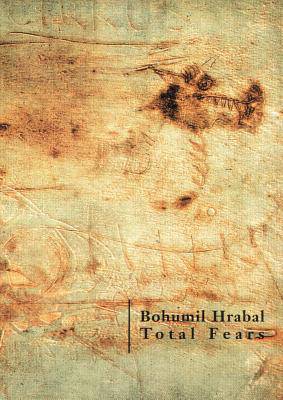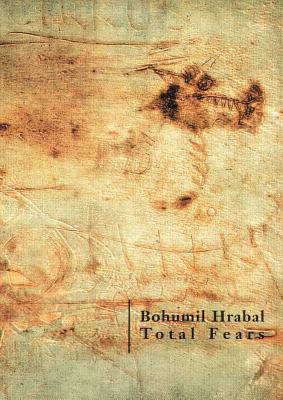
- Afhalen na 1 uur in een winkel met voorraad
- Gratis thuislevering in België vanaf € 30
- Ruim aanbod met 7 miljoen producten
- Afhalen na 1 uur in een winkel met voorraad
- Gratis thuislevering in België vanaf € 30
- Ruim aanbod met 7 miljoen producten
Zoeken
Omschrijving
In these letters written to April Gifford (Dubenka) between 1989 and 1991 but never sent, Bohumil Hrabal (1914-1997) chronicles the momentous events of those years as seen, more often than not, from the windows of his favorite pubs. In his palavering, stream-of-conscious style that has marked him as one of the major writers and innovators of postwar European literature, Hrabal gives a humorous and at times moving account of life in Prague under Nazi occupation, Communism, and the brief euphoria following the revolution of 1989 when anything seemed possible, even pink tanks. Interspersed are fragmented memories of trips taken to Britain - as he attempted to track down every location mentioned in Eliot's "The Waste Land" - and the United States, where he ends up in one of Dylan Thomas's haunts comparing the waitresses to ones he knew in Prague. The result is a masterful blend of personal history and fee association rendered in a prose as powerful as it is poetic..
Specificaties
Betrokkenen
- Auteur(s):
- Uitgeverij:
Inhoud
- Aantal bladzijden:
- 204
- Taal:
- Engels
Eigenschappen
- Productcode (EAN):
- 9788090217195
- Verschijningsdatum:
- 15/05/1998
- Uitvoering:
- Paperback
- Formaat:
- Trade paperback (VS)
- Afmetingen:
- 141 mm x 201 mm
- Gewicht:
- 272 g

Alleen bij Standaard Boekhandel
+ 29 punten op je klantenkaart van Standaard Boekhandel
Beoordelingen
We publiceren alleen reviews die voldoen aan de voorwaarden voor reviews. Bekijk onze voorwaarden voor reviews.











